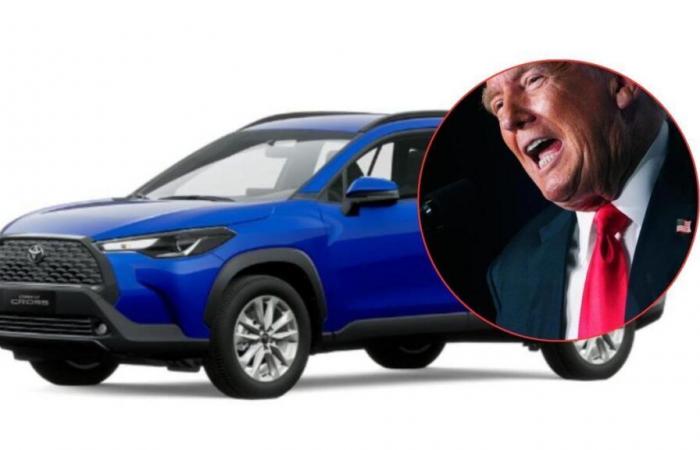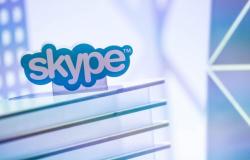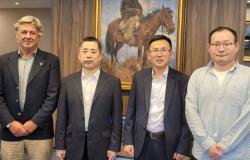With its elegant curves and their chrome grilies, the classic American cars sold by Yosuke Fukuda rezuman Californian style. But on the roads of Japan, for annoyance by Donald Trump, It is very rare to see new vehicles from the North American country.
The Japanese Toyota is the second manufacturer with more sales in the United States, With more than 2.3 million vehicles last year.
On the other hand, the leader of the American industry, General Motors, He barely sold 587 Chevrolets and 449 Cadillacs In Japan. Ford, Another American giant, decided almost a decade ago to retire from the complicated Japanese market.
Toyota. Photo:stock
It is not just a certain aversion to foreign brands, because German manufacturers Mercedes-Benz o BMW They placed more than 50,000 vehicles each on Japanese roads in 2024.
“They do not buy our cars, but we have millions of theirs,” the US president, who accused Japan, who treated them “very bad in commerce.”
To try to revitalize the country’s automotive industry, Trump imposed a 25% tariff on imported vehicles, In a hard setback for Japanese companies.
Many consumers in Japan admire the classic cars of the United States, but when it comes to new vehicles, they trust local brands more, Fukuda explained to AFP.
American hip hop songs resonate through the speakers of its Y-Tech store, a discordant redoubt of American culture amid the rice fields of Northern Tokyo.
“To be honest, I think the problem is the size of the roads” and the probably unfounded sensation that American cars were more often, says the seller.
Donald Trump. Photo:AFP
In his garage he restores about twenty classic models, such as a Chevrolet Nova verde silver of 1970 or a Buick Roadmaster of 1954.
But Fukuda also leads a modern SUV: a general Motors Yukon two meters wide, which “stands out or is very tight” when it parks it in the narrow streets of Tokyo.
Although there are some smaller models, the brands of the first world economy are a niche choice because “there are hardly any places that sell them or repair them,” he says.
“ball of Cakes”
Yuka Fujimoto, director of a 42 -year -old model agency, told AFP what He never considered buying an American car.
“American cars are not sold very well” in Japan, where national manufacturers offer “a wide range of models, also for families.”
However, Trump sees in this phenomenon a deliberate strategy of Tokyo To limit access to these brands. Part of their complaints are aimed at the technical standards of protection required in Japan.
(You can read:
“They place a ball of bowling at six meters high and release it on the hood of the car. If the hood is deformed, The car does not pass the test “Trump said in 2018, during his first term.
A Japanese Ministry of Ministry of Transportation in charge of the security requirements explained to the AFP that no bowling balls are used.
Trump “can be confusing it with a evidence in which a human head model is hit against the hood,” said the official.
Modifying the import procedures of Japanese vehicles is a possible currency for Tokyo in tariff negotiations with Washington.
The country could offer to expand access to a simplified control process that is currently applied to 5,000 vehicles per model a year, According to the Japanese media.
Changes
Trump tariffs to the car industry have already caused some changes. Nissan, For example, he reviewed his plans to reduce production in the United States last month.
Honda He is moving the production of his Civic hybrid model from Japan to the United States.
But American manufacturers continue to face the problem of poor demand among Japanese consumers.
Hisashi Uchida, Employee of a 56 -year -old construction company, he says that his Toyota car “has no special feature, but does not spoil.”
“Many US cars cannot park in parking lots of several floors, And its fuel efficiency is not good, “he said.
Masamitsu Misawa, editor chief of the Japanese magazine of vehicles car top, does not believe that “American vehicle manufacturers are really giving importance to the Japanese market, which is much smaller than its national market.”
AFP






